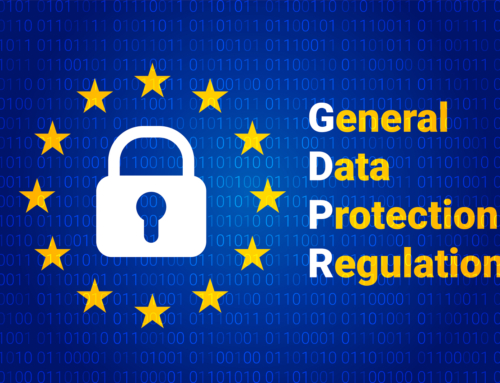According to the latest IPA Bellwether Report, the UK’s marketing landscape is witnessing a notable increase in direct marketing budgets – the 8th consecutive period of growth. This uplift is part of a broader positive adjustment in overall marketing spend, indicative of an improving economic backdrop and a proactive approach to recession recovery. However, as one of only two channels that posted significant uplifts the inference is that confidence in direct marketing, particularly direct mail, continues to flourish.
Tangibility and Trust
Direct mail possesses a unique attribute that many modern advertising channels lack: tangibility. This physical nature of direct mail creates a sensory experience for the recipient. It’s something you can touch and feel, often encouraging a more memorable connection than digital alternatives. This tangible aspect ensures that direct mail remains a prominent and engaging form of communication.
Moreover, trust plays a pivotal role in the persistent relevance of direct mail. Recent studies have crowned it the most trusted form of advertising. In an era where digital platforms face scrutiny over privacy concerns and misinformation, direct mail stands out as a reliable source of information for consumers. This trustworthiness is invaluable in building and maintaining consumer relationships.
Reduction in Message Saturation
Another key factor contributing to the resurgence of direct mail is the reduction in overall message saturation. About 25 years ago, the landscape was different; direct mail was often tagged as ‘junk mail’ due to its overwhelming volume. Today, it has become a rarity to receive mail, making each piece more significant and impactful.
Strategic Targeting and Personalisation
Advancements in data analytics and larger investment in data hygiene have transformed direct mail from a scattershot approach to a precision-targeted tool. Modern direct mail campaigns are highly personalised and planned, based on robust data insights. This ensures that the information and offers consumers receive are relevant to their interests and needs, thereby increasing engagement and response rates.
The importance of maintaining clean and up-to-date marketing data cannot be overstated. As a regulatory requirement under laws such as GDPR, and likely under the expected forthcoming DPDI Bill, data hygiene is crucial not only for compliance but also as a zero-investment business tool. Effective data management more than pays for itself by reducing marketing spend, thereby enhancing the efficiency and effectiveness of direct mail campaigns.
With compelling incentives offered by Royal Mail, there has never been a better time to add mail into the mix, or for existing users experiment with new formats – but the key to success and one of the underlying reasons we are seeing this uptick in investment – is the underlying data. We help brands achieve the best results by ensuring their data is in fighting fit form.





